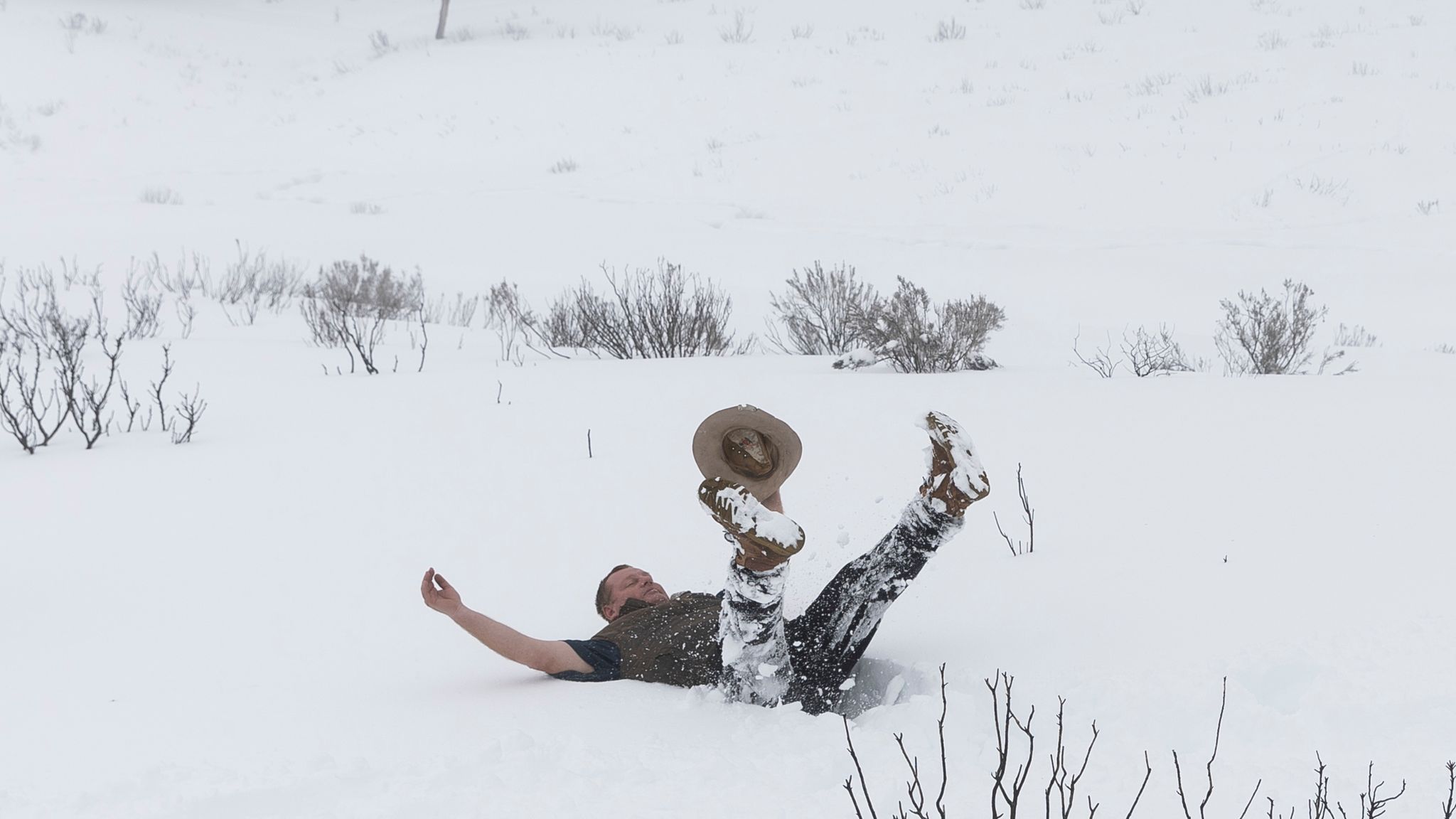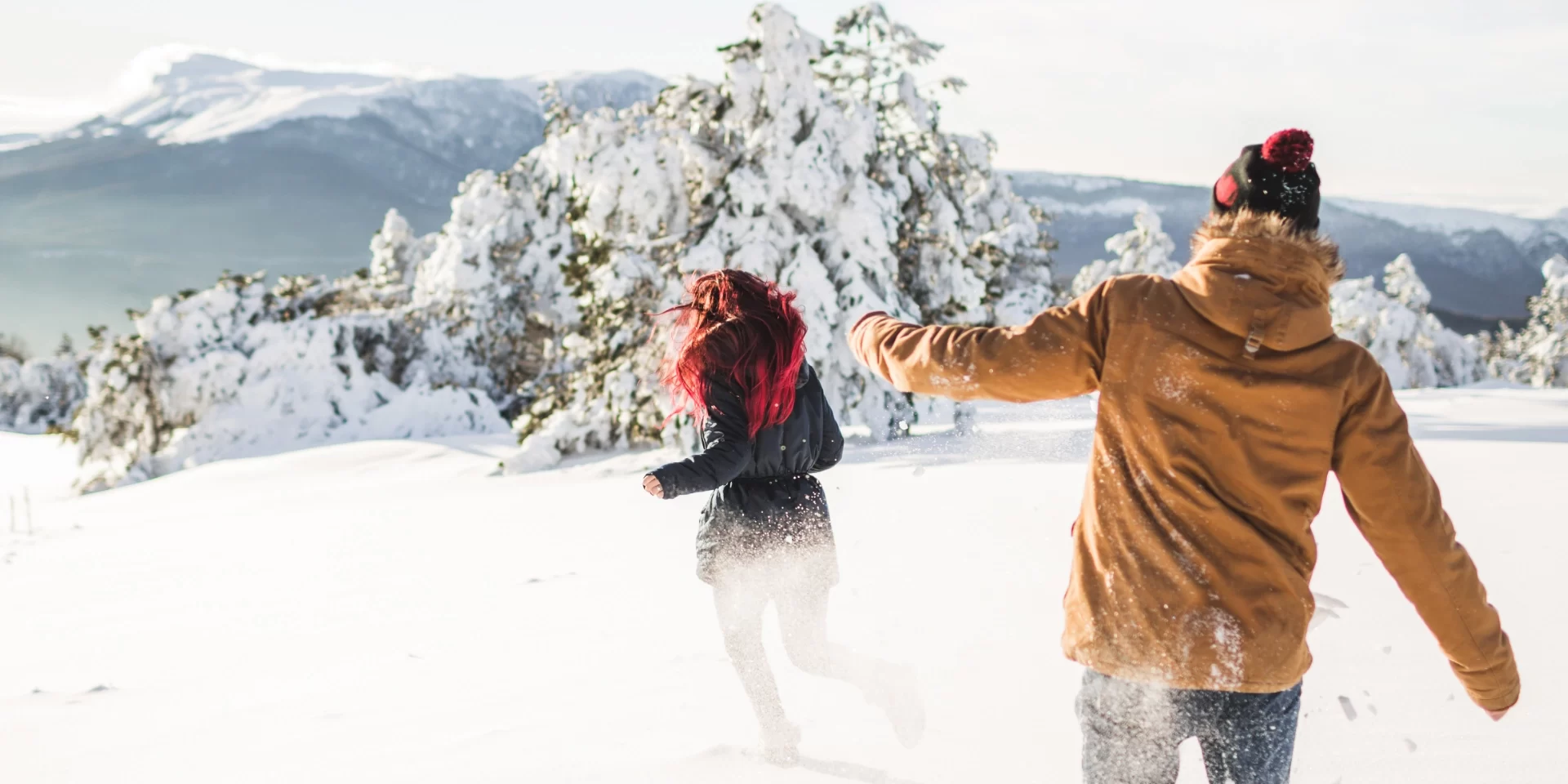Experience the Beauty of Snow In Australia with Stunning Alpine Views and Popular Ski Resorts
Experience the Beauty of Snow In Australia with Stunning Alpine Views and Popular Ski Resorts
Blog Article
The Different Kinds Of Snow in Australia and Their Influence On Winter Season Sports
Australia, recognized for its sun-soaked beaches, is additionally home to a diverse array of snow problems that considerably affect wintertime sports. Each kind, from the damp coastal snow to the dry interior powder, presents special obstacles and advantages for athletes. An understanding of these variations is important for those seeking to browse the Australian inclines, as each needs different methods and durability. The adhering to expedition will review the ramifications of these snow types on wintertime sports efficiency.

Recognizing the Features of Different Snow Kinds
While several assume that snow is a homogeneous entity, it is vital to comprehend that there are various kinds, each with one-of-a-kind attributes. These distinctions in snow type aren't simply aesthetic; they considerably impact winter season sporting activities, determining the simplicity of movement, the speed obtainable, and the level of control required from professional athletes.
The Effects of Powder Snow on Winter Sports and Snowboarding
In spite of its light and fluffy appearance, powder snow in the Australian Alps presents both one-of-a-kind difficulties and possibilities for winter months sporting activities lovers, particularly those taken part in skiing and snowboarding. The loose, completely dry nature of powder snow can originally be challenging to navigate for beginners, needing careful balance and control. Nevertheless, for more skilled professionals, the soft, untracked snow uses a thrilling experience, enabling dynamic and active movement. The flexible and smooth surface of powder snow additionally decreases threat of injury throughout drops, making it a preferred option for extreme winter sporting activities. It's worth keeping in mind, the varying deepness and unpredictable nature of powder can often lead to covert obstacles, calling for continuous vigilance.

The Obstacles and Benefits of Packed Snow in Winter Season Sports
Changing focus from the loose, completely dry powder snow, another prevalent sort of snow in the Australian Alps is stuffed snow, posing its very own set of obstacles and advantages in the realm of winter sports. This denser, a lot more solidified type of snow provides a much faster, slicker surface area, profiting sporting activities like downhill snowboarding and snowboarding, improving rate and accuracy. Nonetheless, the very same features also existing challenges. Its tough surface can be risky, enhancing the possibility for injuries throughout falls. In addition, managing and navigating turns rate can be hard on jam-packed snow, calling for higher skill degrees from professional athletes. In spite of these difficulties, loaded snow continues to be a critical aspect in lots of winter sporting activities, forming the efficiency and techniques of professional athletes.
The Role of Damp Snow in Australian Winter Gamings
As opposed to the dense, slick surface of stuffed snow, damp snow plays an entirely different role in Australian wintertime games. Characterised by its high moisture content, damp snow impacts the rate and control of winter season sports participants. Its heavy, sticky nature can be testing for professional athletes, specifically in snowboarding and snowboarding where speed and manoeuvrability are essential. Nonetheless, its pliability makes it ideal for snow sculpting occasions and for fortifying snow structures in sports like snow fort fights. In spite of its mistakes, wet snow presents an one-of-a-kind dynamic to winter months games in Australia, testing athletes' adaptability and durability, and offering as a reminder of the diverse weather they should be prepared to face.
How Slushy Snow Influences Wintertime Sports Performance
Proceeding the expedition of varying snow problems in Australia, the effect of slushy snow on winter sports is one more appealing element. Slushy snow, resulting from warmer temperature levels or direct sunshine, poses distinct difficulties to athletes. Thus, slushy snow changes the winter months sports landscape, demanding not only enhanced physical exertion from athletes yet likewise a better emphasis on security precautions.
Adjusting Winter Season Sports Techniques to Various Snow Conditions

Final Thought
In final thought, Australia's varied snow kinds dramatically influence wintertime sports performance. Each kind, from the glossy coastal snow to the drier interior powder and the hefty, sticky damp snow, provides one-of-a-kind difficulties and advantages. Hence, professional athletes must official source adapt their strategies see it here to navigate these varying problems efficiently. The snow's developmental role highlights the significance of recognizing its qualities to optimize performance and security in Australia's winter season sporting activities landscape.
Moving focus from the loosened, completely dry powder snow, another common kind of snow in the Australian Alps is jam-packed snow, posing its very own collection of obstacles and advantages in the realm of wintertime sports - Snow In Australia.In contrast to the dense, slick surface area of stuffed snow, damp snow plays a totally various role in Australian winter season games. Its malleability makes it suitable for snow sculpting events and for fortifying snow structures in sports like snow fort battles.Proceeding the exploration of varying snow site problems in Australia, the effect of slushy snow on winter sporting activities is another fascinating variable. Each kind, from the glossy seaside snow to the drier indoor powder and the heavy, sticky damp snow, provides unique difficulties and advantages
Report this page